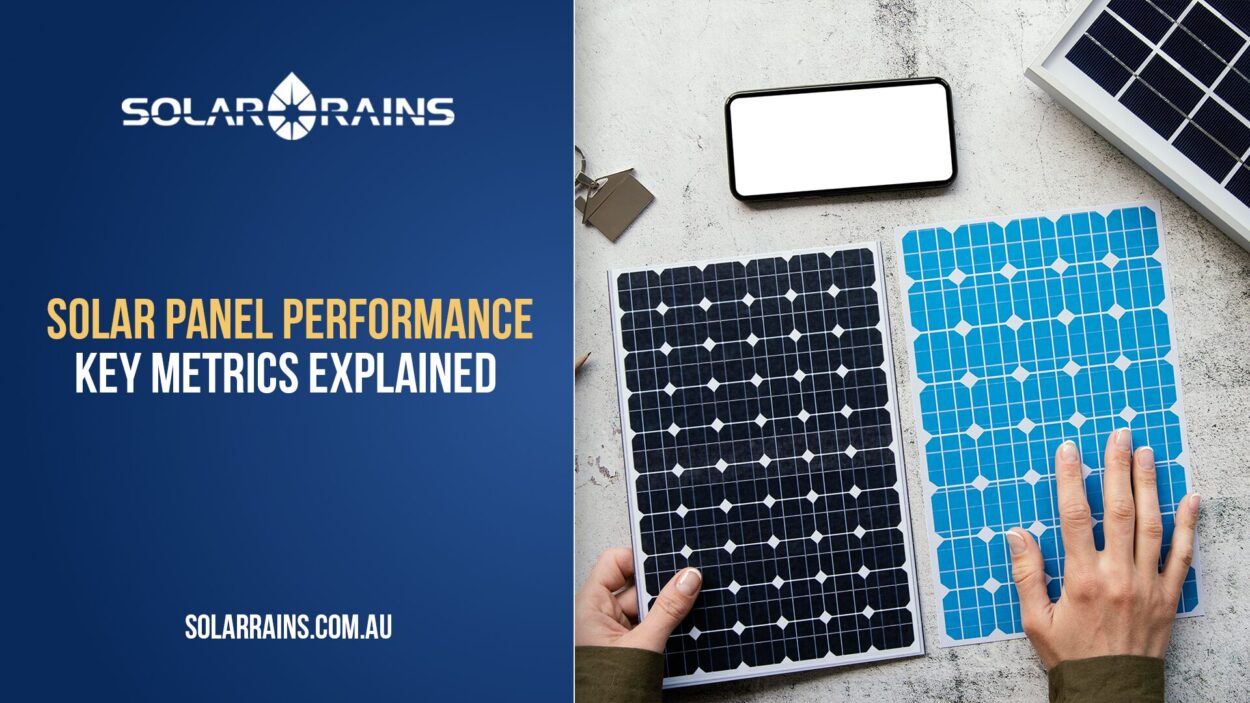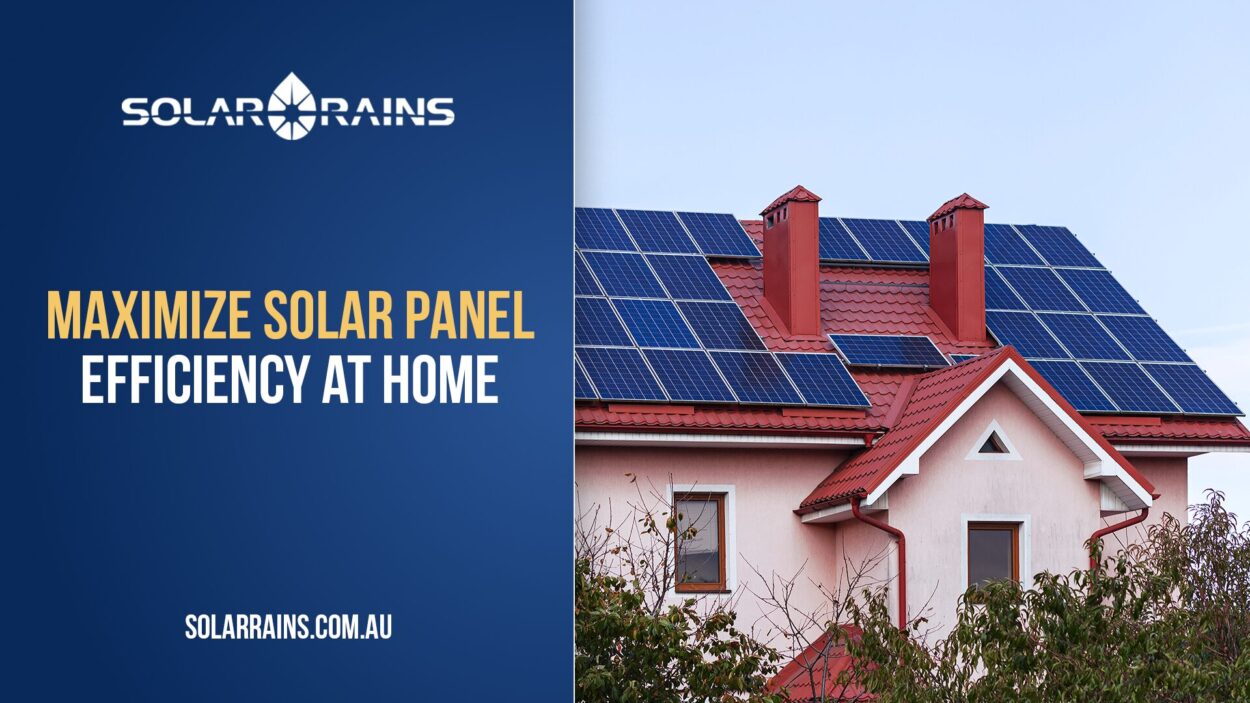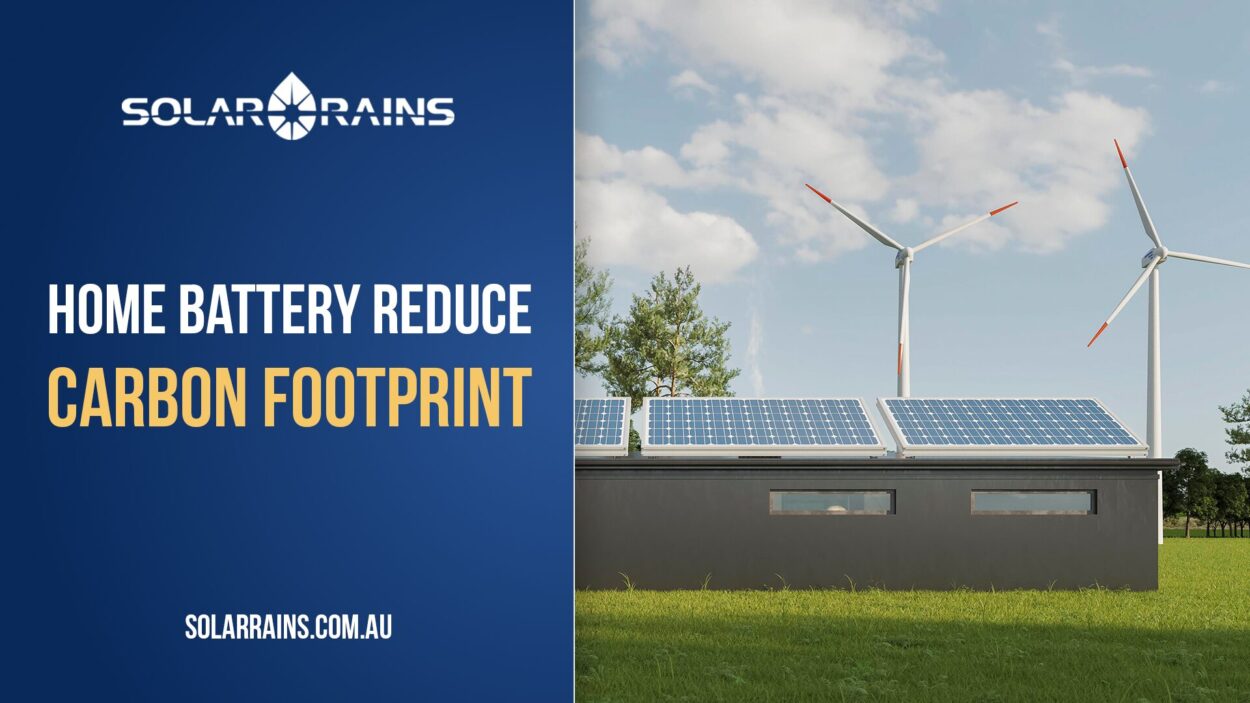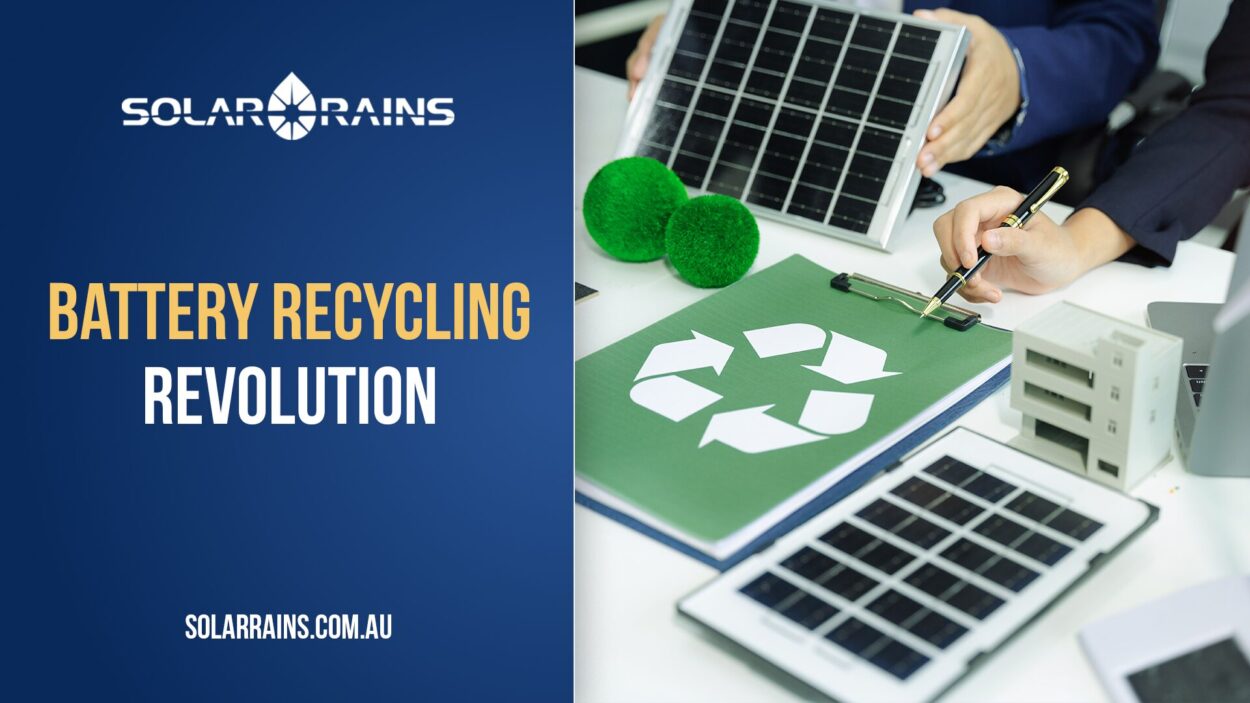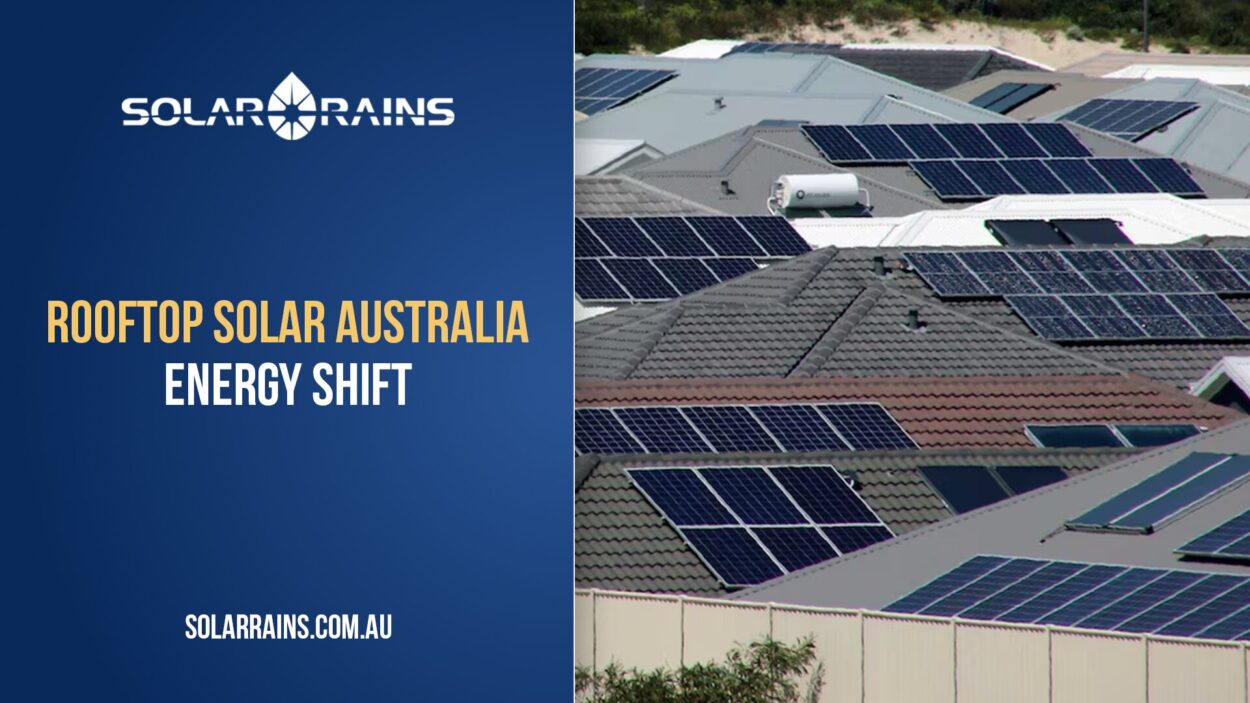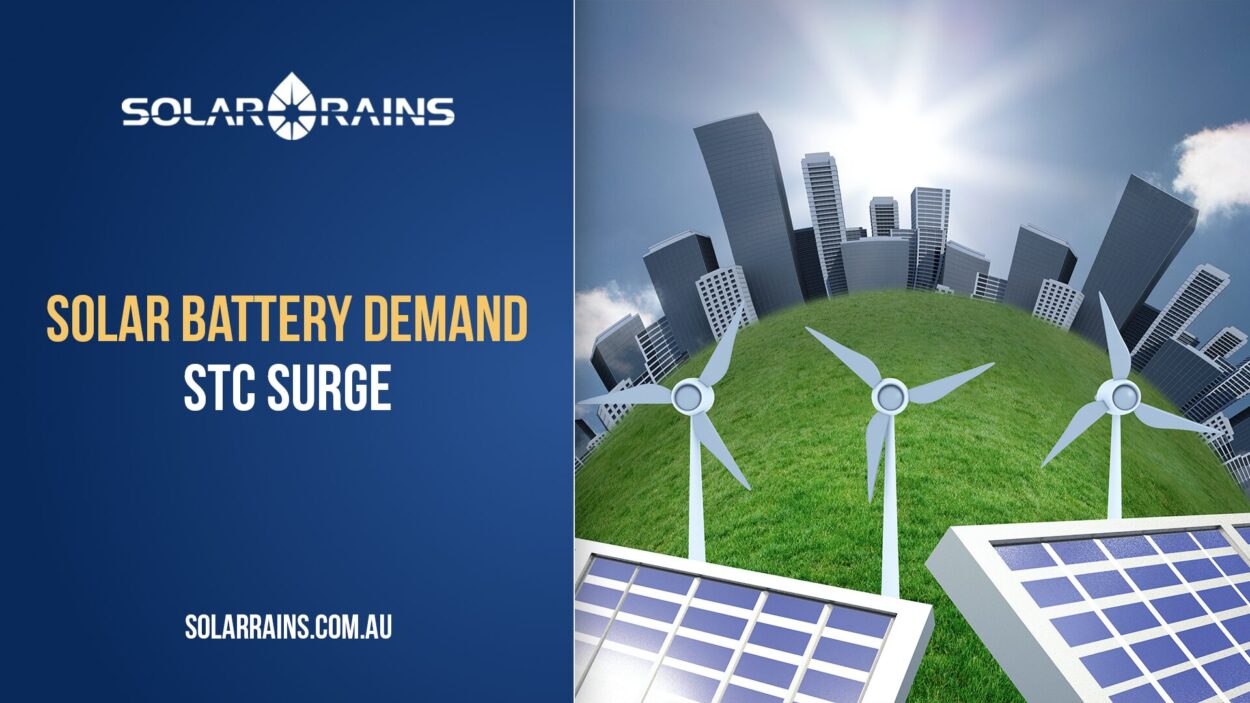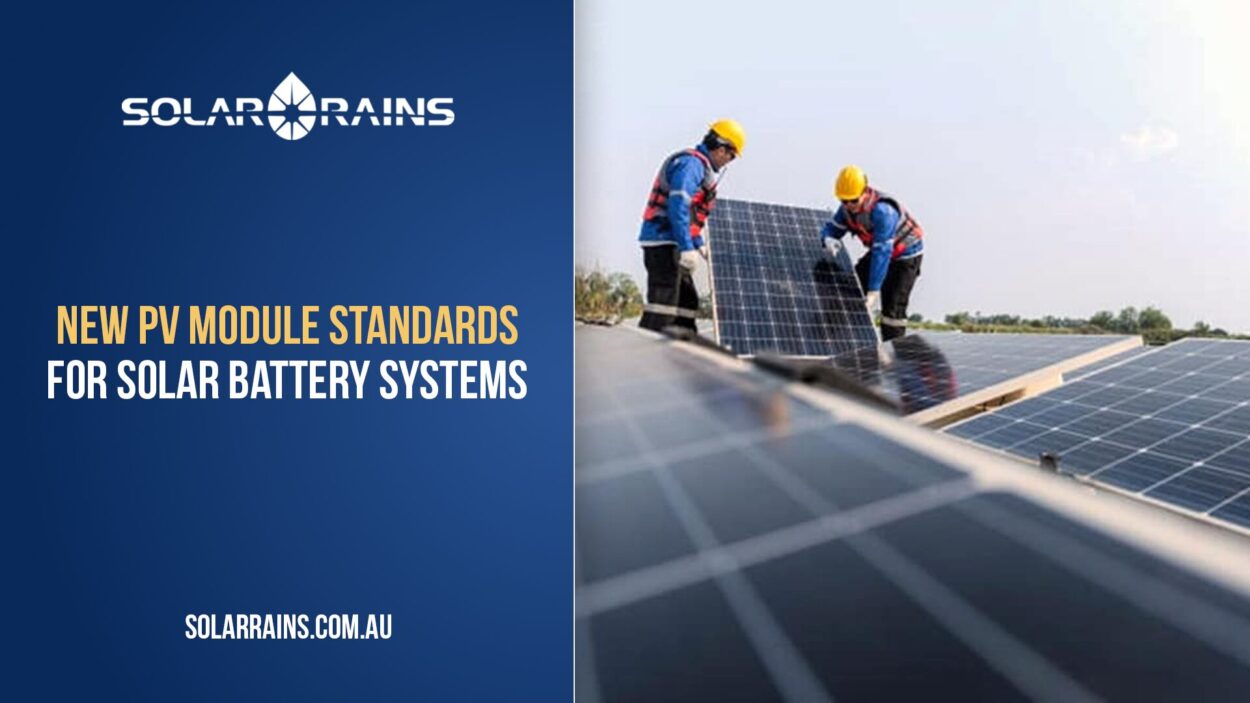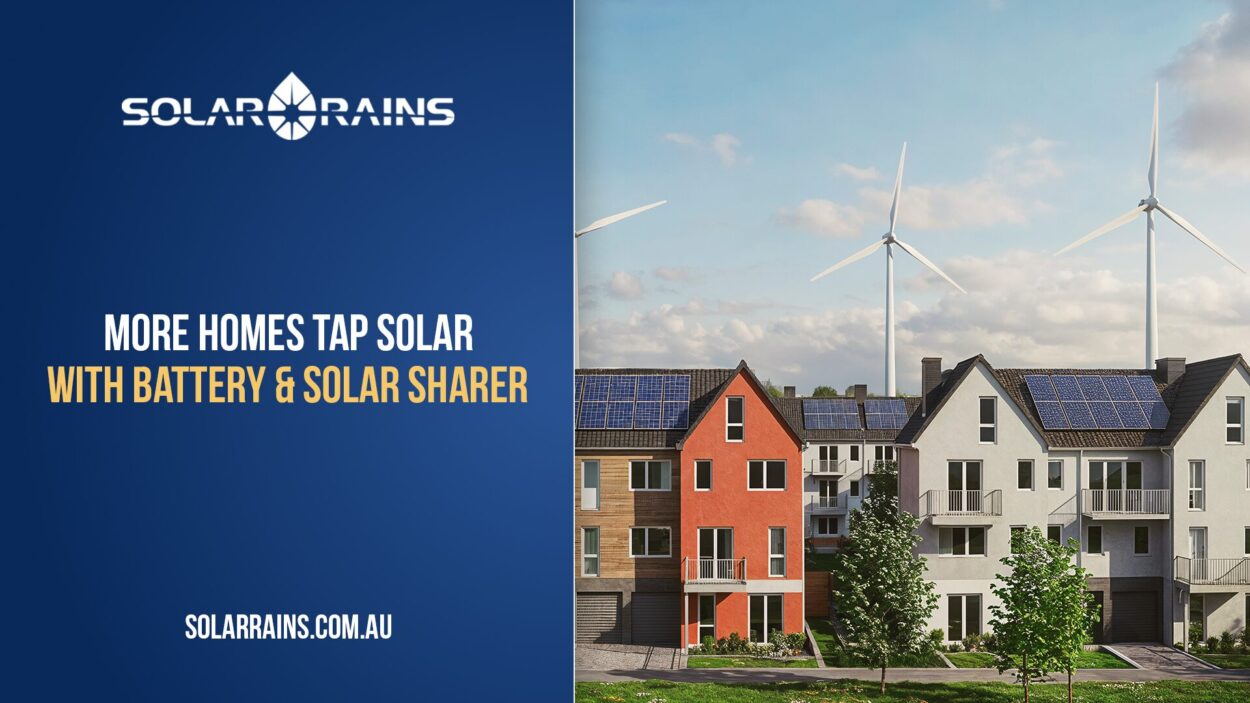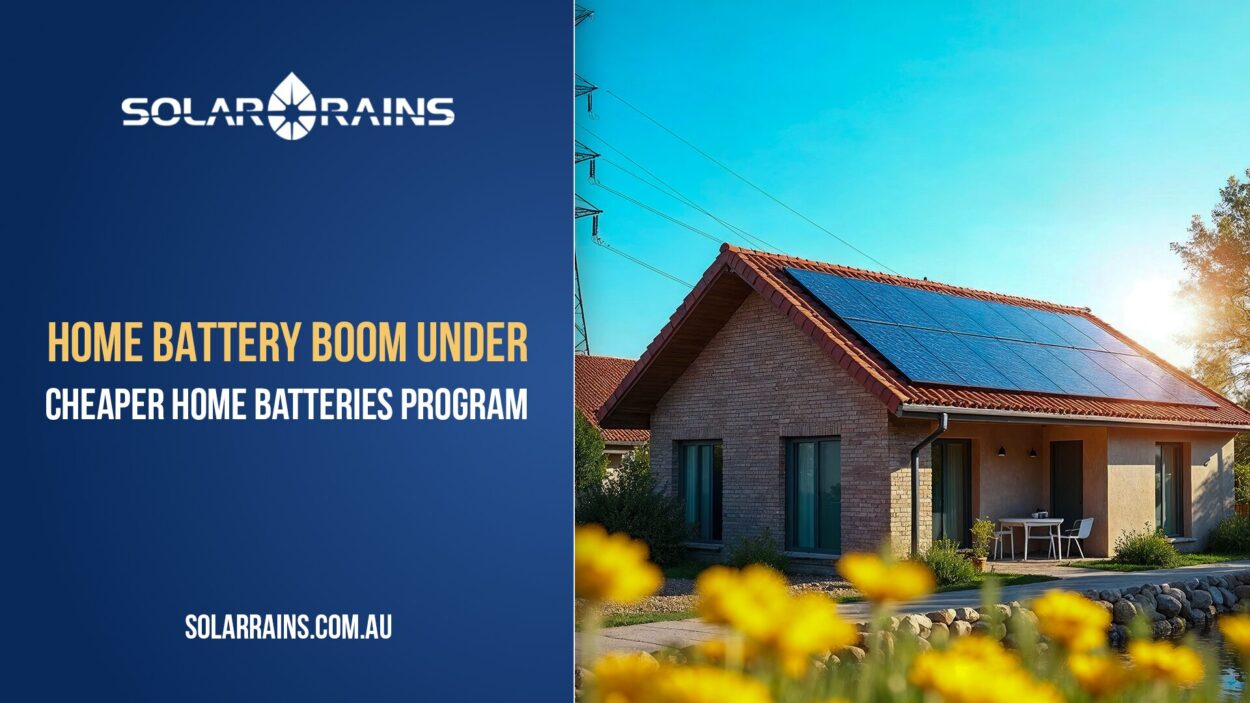Why Solar Panel Maintenance Matters
Australia’s solar revolution is booming. With more than 3.6 million rooftop solar systems installed across the nation, solar panels have become an essential household asset. But amidst all the excitement around solar energy, one question is often overlooked: Do solar panels need to be cleaned?
In this guide, we’ll break down the truth about solar panel maintenance, why cleaning matters (or doesn’t), when to clean them, and how to do it safely. Whether you’re a homeowner, a solar installer, or just considering solar products, understanding maintenance is key to maximising the return on your investment.
How Dirt Affects Solar Panel Performance
Solar panels rely on sunlight hitting the photovoltaic (PV) surface to generate electricity. Anything that blocks that sunlight: dust, bird droppings, leaves, ash, or pollution, can reduce the amount of energy your system produces.
Studies show dirty panels can lose 5–25% efficiency, depending on the environment:
- In dusty regions like Western NSW: up to 20% loss
- Near highways or industrial areas: around 10–15%
- Coastal areas with salt buildup: moderate reduction
- Rainy regions like Victoria: natural cleaning keeps losses minimal
Even light debris or pollen can scatter light and reduce efficiency over time.
Do You Always Need to Clean Solar Panels?
Not necessarily.
Many solar panel systems in Australia are self-cleaning, thanks to rainfall. The angle of most roof-mounted systems (typically 15° or more) lets water rinse away dust naturally.
But some situations require manual intervention:
- Bird droppings or tree sap: Rain won’t remove sticky grime.
- Flat installations: Less rain runoff means more buildup.
- Areas with little rain: Dust can accumulate fast.
- Bushfire zones: Ash can cover panels entirely.
- High energy bills: Unexpected performance drops may be due to dirt.
Use your monitoring app or inverter screen to check if your output has dropped, especially during clear sunny days.
How Often Should You Clean Solar Panels?
There’s no one-size-fits-all answer, but general recommendations include:
| Environment | Suggested Cleaning Frequency |
| Rainy residential areas | Every 12–24 months (or as needed) |
| Arid/dusty regions | Every 6 months |
| Coastal or urban zones | Once a year |
| Agricultural or bird-prone areas | Every 3–6 months |
It’s good practice to inspect panels at least twice a year visually. If your energy output seems lower than expected, that’s your cue.
How to Clean Solar Panels Safely
If you decide to clean your panels yourself, safety and technique are crucial. Follow these guidelines:
Tools You’ll Need:
- Soft sponge or non-abrasive brush
- Long-handled squeegee
- Garden hose with gentle pressure
- Safety harness (if working on a pitched roof)
- Biodegradable detergent (if needed)
Cleaning Steps:
- Check the manufacturer warranty, some brands void coverage if improper cleaning causes damage.
- Clean early in the morning or late afternoon to avoid rapid drying or heat cracks.
- Rinse panels with water to remove loose dirt.
- Gently scrub with a damp sponge using mild soap if needed.
- Rinse thoroughly and squeegee dry for streak-free results.
Avoid:
- High-pressure water blasters
- Abrasive pads or harsh chemicals
- Walking directly on panels
Want to avoid DIY risks? Hire a certified solar supplier or maintenance contractor with experience in solar panel servicing.
Are Automated Cleaning Systems Worth It?
In large-scale commercial solar installations like solar farms, automated cleaning robots or sprinkler systems are used to maintain performance without human labor.
For residential use, these systems are generally not cost-effective, unless you’re in:
- Desert zones with high dust
- Remote areas with no rainfall
- Situations requiring minimal manual work
At Solar Rains, we recommend a manual inspection approach paired with smart monitoring before investing in automation.
Does Cleaning Void Warranty?
Not if done correctly. Most major solar inverter and solar panel manufacturers allow manual cleaning, provided it follows basic safety and chemical guidelines.
Solar Rains recommends referring to your panel brand’s maintenance manual. Products like our Swatten Solar Panels are built with weather-resistant coatings but still benefit from regular inspections.
Performance Boost: Myth or Reality?
Some claim cleaning solar panels can dramatically boost performance. The truth?
It depends.
- Light dirt: You might regain 2–5% efficiency
- Heavy grime or droppings: Gains of 10–25% possible
- Already clean panels: Little to no change
That said, even a 5% increase can lead to substantial long-term savings if your home uses a solar battery system by charging more effectively from your panels.
Is Professional Cleaning Worth It?
Here’s a quick comparison:
| Option | Pros | Cons |
| DIY cleaning | Cheaper, flexible | Risky, limited tools |
| Professional cleaning | Safe, insured, expert-grade tools | Cost: $150–300 per service |
Solar Rains partners with trusted solar power suppliers across Australia. You can contact us for maintenance referrals in your area.
Preventive Measures to Reduce Dirt Buildup
Why clean more when you can prevent dirt in the first place?
Smart strategies include:
- Install at optimal tilt: 15–30° angle helps rain runoff
- Trim overhanging trees
- Use bird mesh: Prevents droppings & nests
- Choose quality solar products with anti-reflective coatings
- Monitor your system: Solar inverters with real-time apps help detect output drops early
At Solar Rains, we stock solar product wholesale options with enhanced protective features, especially suited for Australia’s harsh environments.
FAQs: Solar Panel Cleaning in Australia
Yes. Always shut down your solar inverter and battery system before maintenance.
Only if you’re trained and properly secured. For pitched roofs, we recommend hiring a professional.
Autumn (after dry season) and spring (before peak summer output) are ideal.
Yes, but at reduced efficiency. Long-term buildup can also degrade components.
It helps, but isn’t always enough for sticky residues or heavy dust.
Final Thoughts: Clean Panels, Long-Term Gains
Clean solar panels don’t just look better, they perform better and last longer. Whether you’re a solar newcomer or a seasoned solar homeowner, staying on top of panel maintenance helps you protect your investment, maximise solar savings, and support Australia’s clean energy future.
For top-tier solar products, expert support, and installation advice, Solar Rains is your go-to solar supplier across Australia.
Visit solarrains.com.au for energy-efficient solutions that last.


